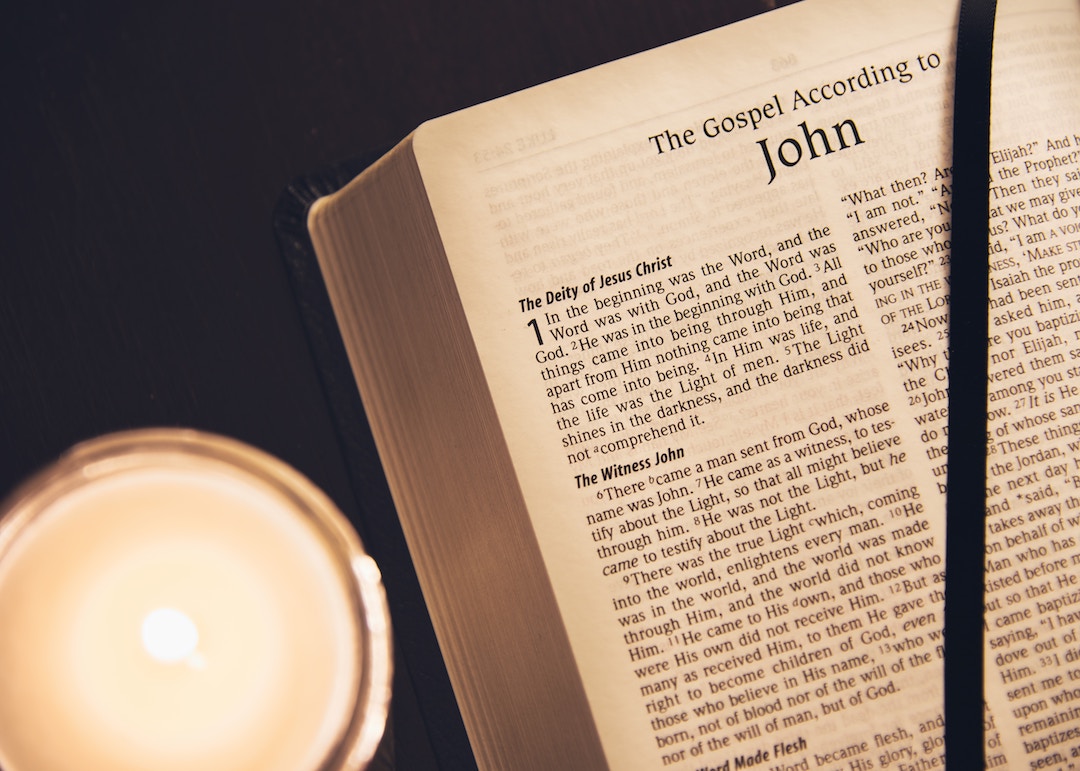The Divine Son (John 5:19-29)
Pastor: Ben Muresan Series: John Topic: John Scripture: John 5:19–29
First Scripture Reading: Deuteronomy 6:1-25
Second Scripture Reading: Matthew 25:31 - 26:5
Sermon Text: John 5:19-29
As we noted at the beginning of our series through the Gospel of John, Jesus’ divinity is at the forefront of every chapter. From the opening verses of his gospel, John wants us to know that Jesus is the Divine Son of God. As the Divine Son, he has all authority and power and must receive all glory and honor. To reject Jesus is to reject God. C.S. Lewis wrote in Mere Christianity:
I am trying here to prevent anyone saying the really foolish thing that people often say about Him [that is, Christ]: “I’m ready to accept Jesus as a great moral teacher, but I don’t accept His claim to be God.” That is the one thing we must not say. A man who was merely a man and said the sort of things Jesus said would not be a great moral teacher. He would either be a lunatic–on a level with the man who says he is a poached egg–or else he would be the devil of hell. You must make your choice. Either this man was, and is, the Son of God: or else a madman or something worse…. You can shut Him up for a fool, you can spit at Him and kill Him as a demon; or you can fall at His feet and call Him Lord and God. But let us not come up with any patronizing nonsense about His being a great human teacher. He has not left that open to us. He did not intend to.
- Read John 5:1-18. What issue caused Jesus to teach the religious leaders about his divinity?
- Read John 5:19-29. What is Jesus’ relationship with the Father? In what sense is he subordinate to the Father? How has this idea of Jesus’ subordination been misunderstood by some believers?
- How does the Westminster Confession of Faith 8.1-5 describe Jesus’ relationship to the Father? Why is the word “willingly” so important in 8.4?
- Review the parable we read during worship from Matthew 25:31 - 26:5. What does this parable reveal about the Day of Judgment? How does Revelation 11:15-19 and 20:11-15 describe that Day? As Christians, what is the proper attitude for us to have as we anticipate that Day?
- In preparation for next week, read John 5:30-47. Who and what are the “witnesses” that John identifies?
other sermons in this series
Feb 27
2022
Pastor Clayton Willis - Follow Me (John 21:19-25)
Pastor: Clayton Willis Scripture: John 21:19–25 Series: John
Feb 20
2022
Pastor Clayton Willis - Jesus Restores Peter (John 21:1-19)
Pastor: Clayton Willis Scripture: John 21:1–19 Series: John
Feb 6
2022
Pastor Clayton Willis - The Blessing of Belief (John 20:24-31)
Pastor: Clayton Willis Scripture: John 20:24–31 Series: John
